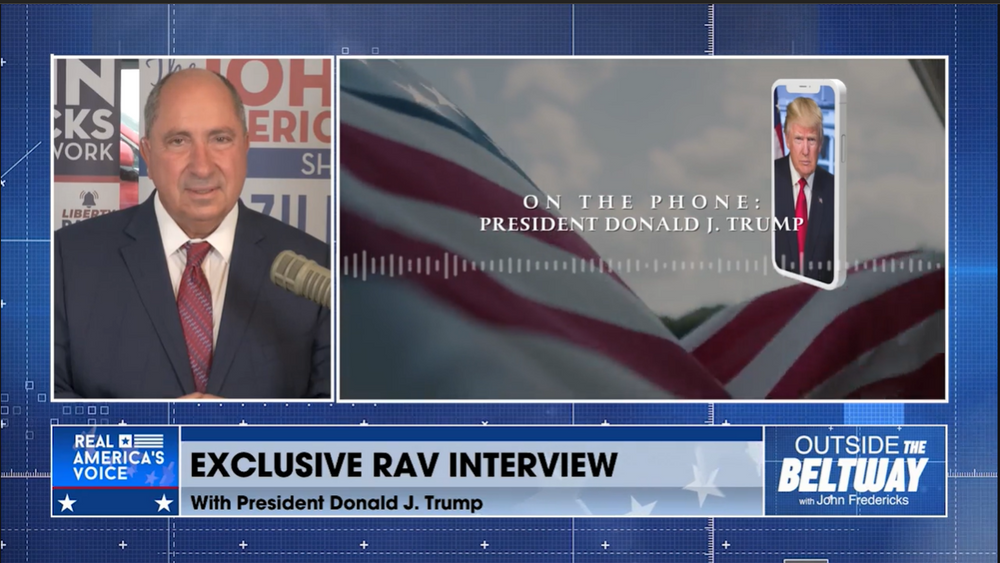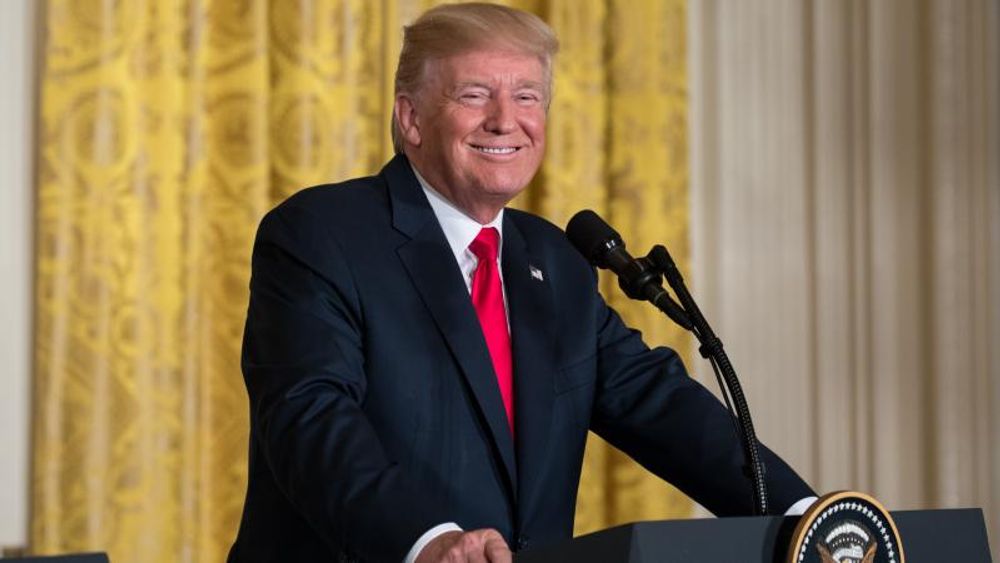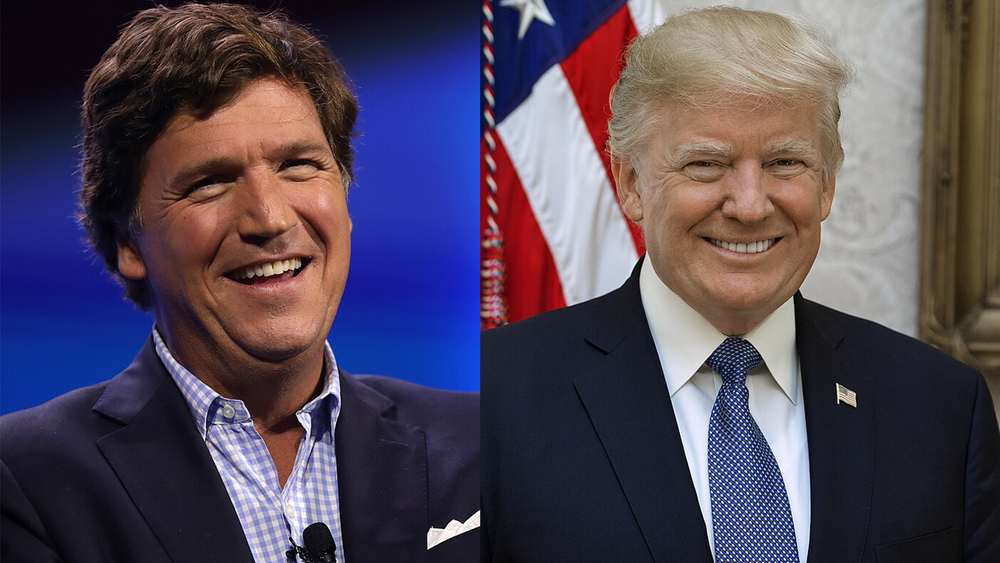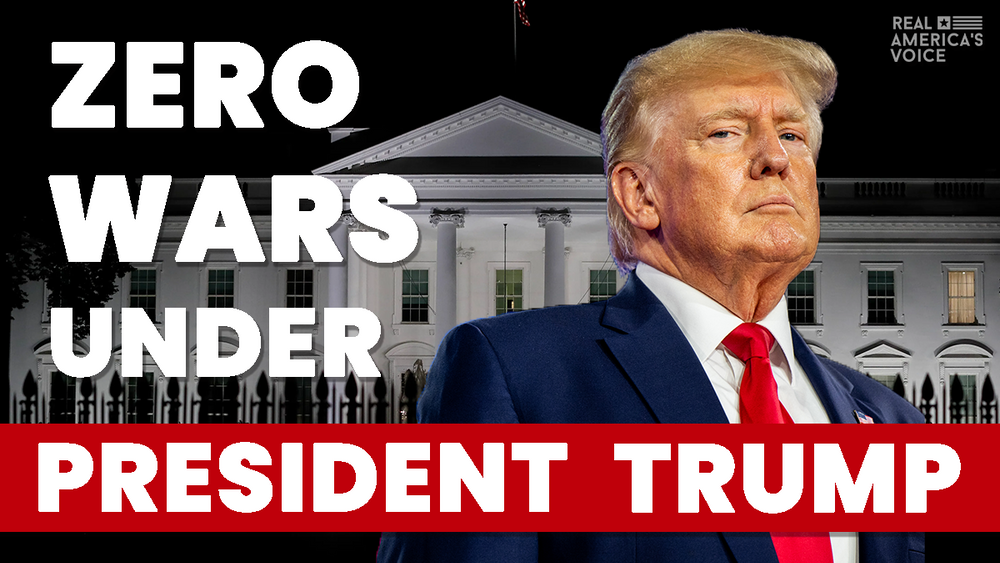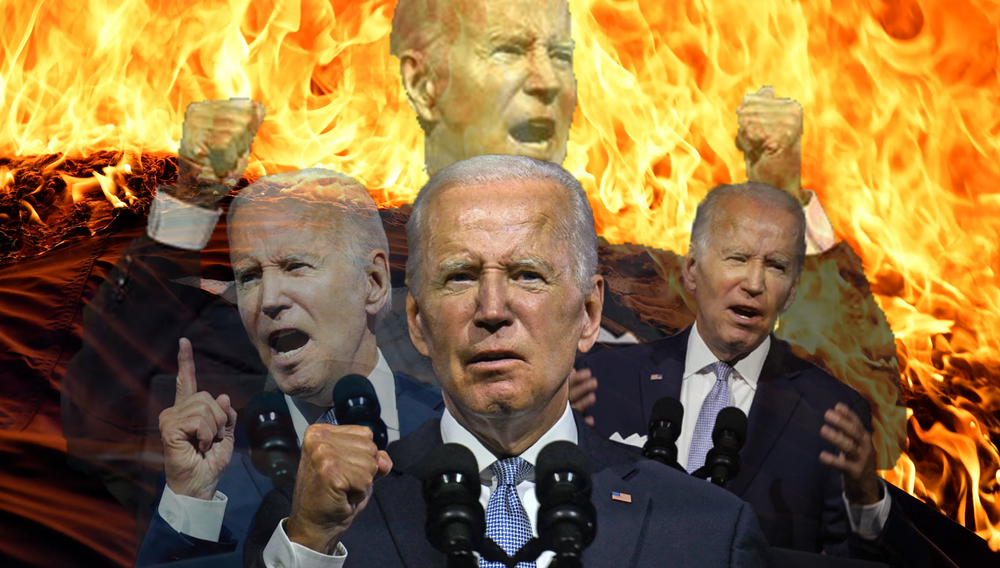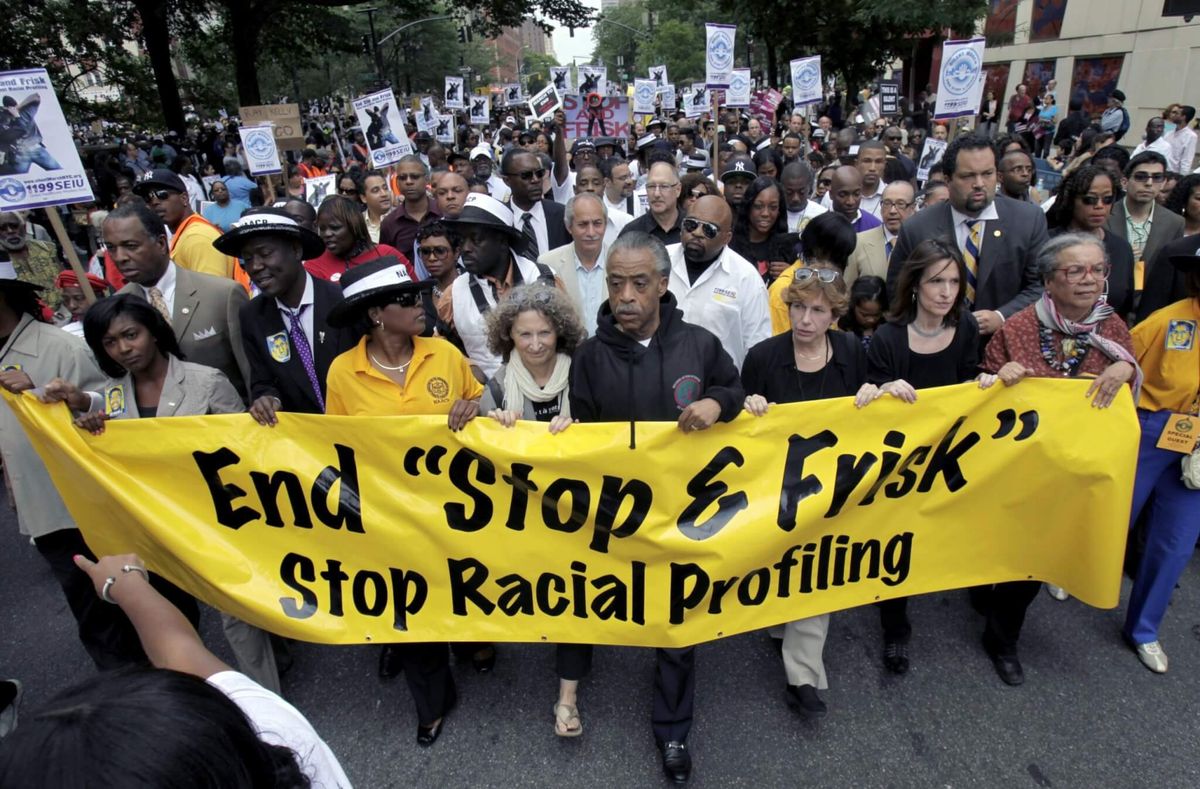
How Trump Gained the Upper Hand on Criminal Justice Issues in 2020 Campaign
As he prepared to announce his candidacy for president on Sunday, former New York City Mayor Michael Bloomberg took a page from an old political playbook.
Appearing in a black church in the city's Brooklyn borough last week, the multibillionaire media mogul apologized for long pushing a now-defunct policing tactic that had disproportionately targeted African American and Hispanic residents.
Known as "stop and frisk," the controversial policy, imposed between 2003 and 2013, allowed New York City police to stop, temporarily detain, and search anyone suspected of carrying weapons and other contraband.
"I was wrong," Bloomberg declared to the congregation. To those who had been wronged by the policy, he said, "I apologize."
Criminal justice policy records
Bloomberg is the latest Democratic candidate forced to reckon with a criminal justice policy record that critics view as too punitive to minorities.
Former Vice President Joe Biden has been criticized for backing a 1994 crime bill that helped trigger a federal prison population explosion, while South Bend, Indiana, Mayor Pete Buttigieg has faced questions over policing tactics in his hometown.
Others, including Senators Cory Booker and Kamala Harris, have had to justify their law enforcement policies as a former mayor of Newark, New Jersey, and a California prosecutor, respectively.
That Democrats are under scrutiny over criminal justice issues is unusual. Historically, Democratic presidential candidates ran on platforms of civil rights and criminal justice reform while Republicans campaigned as tough law-and-order candidates, according to criminal justice experts.
But as the 2020 campaign enters the crucial primary phase, Democratic candidates are being forced to disavow criminal justice policies they once championed, while Republican President Donald Trump — who hardly discussed criminal justice in 2016 — is touting himself as a leading reform candidate.
Trump says he can make that claim because he signed into law a sweeping piece of legislation known as the First Step Act last December. The legislation, which has released or reduced the prison sentences of thousands of inmates convicted of drug offenses, has earned Trump praise from many African Americans.
"It's sort of a switch in what people thought was the standard left-right divide," said Noah Weinrich of Heritage Action for America, a conservative grassroots organization.
So what happened?
The short answer is the country has changed. The 1994 Crime Bill now under attack from liberals and African Americans was enacted during the Clinton administration, near the height of a violent crime epidemic in the country when heavy-handed policies enjoyed broad public support.
But as crime has steadily declined over the past two decades to historically low levels, support for those measures has eroded and politicians on both sides of the aisle have increasingly embraced overhaul proposals.
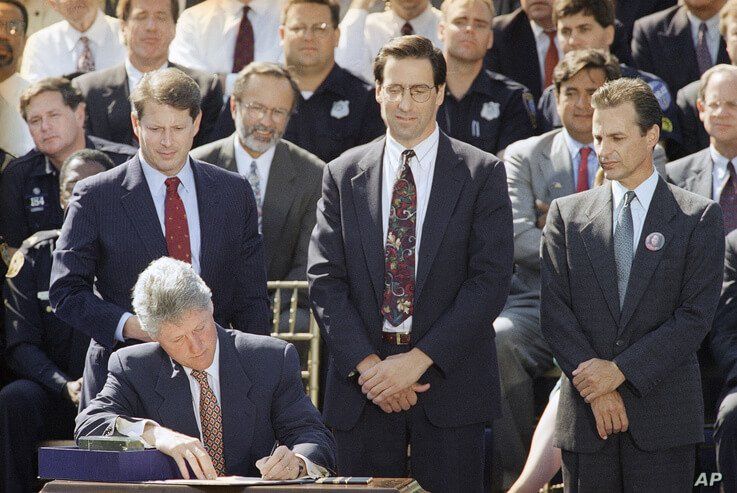
Behind the 1994 Crime Bill
Biden helped craft the legislation when he was a U.S. senator and chairman of the Senate Judiciary Committee, and now is taking heat for the legislation's more onerous side effects.
"Today, crime and murder rates are at historic lows and American communities are safer than they have been in generations," said Lauren-Brooke Eisen, acting director of the Justice Program at New York University's Brennan Center. "That's significant because that allows the bipartisan conversations about how to best reduce the number of people who have been incarcerated."
To be sure, criminal justice reform is not among the most pressing concerns for voters who care more about issues such as health care, immigration and jobs, according to polling.
But public support for measures, such as eliminating mandatory minimum sentencing, has been on an upswing in recent years. That has prompted not only the large field of Democratic candidates but also the Republican president to campaign on criminal justice issues. Today, instead of incarceration, politicians increasingly talk about rehabilitation and redemption.
"Now we're at a point in the country where we're looking at our criminal justice system and saying maybe sentencing is what we need to think about and how do we best get our nonviolent criminals back into being productive members of society," veteran Republican strategist David Avella said.
Last December, growing bipartisanship for criminal justice reform culminated in the enactment of the First Step Act.
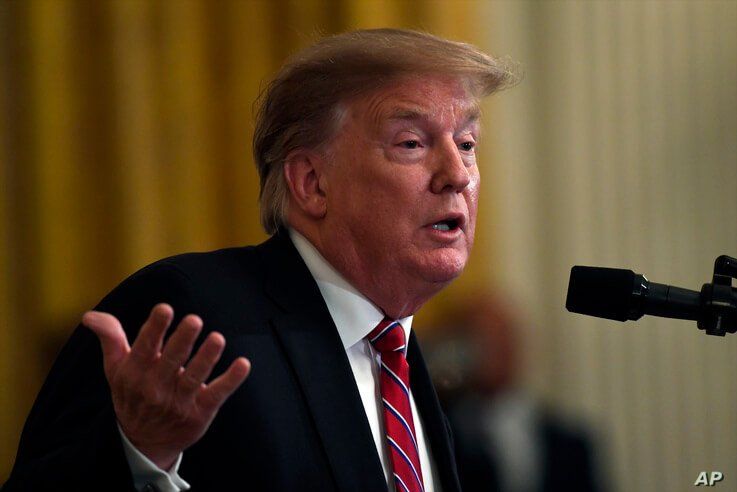
Considered the most sweeping overhaul in a generation, the First Step Act allows for the early release of some nonviolent offenders, while providing inmates with in-prison job training to ease their reintegration into society and reduce recidivism rates. To date, more than 3,000 prisoners have been released and nearly 1,700 others have received sentence reductions under the program.
"Last year we brought the whole country together to achieve a truly momentous milestone," Trump said last month at the historically black Benedict College in South Carolina, where he received an award for signing into law the First Step Act. "They said it couldn't be done."
Trump was an unlikely champion of the bill. When he first ran for president in 2016, he was seen as an obstacle to reform.
While his platform was notably silent on the issue, he consistently pushed for tough-on-crime policies over the decades, advocating lengthy sentences for violent offenders and effusing about New York City's stop-and-frisk policies.
Then, after he was elected in 2016, Trump appointed his son-in-law, Jared Kushner, as a senior White House adviser. Given a broad policy platform, Kushner zeroed in on an issue that he said was very close to his heart: prison reform.
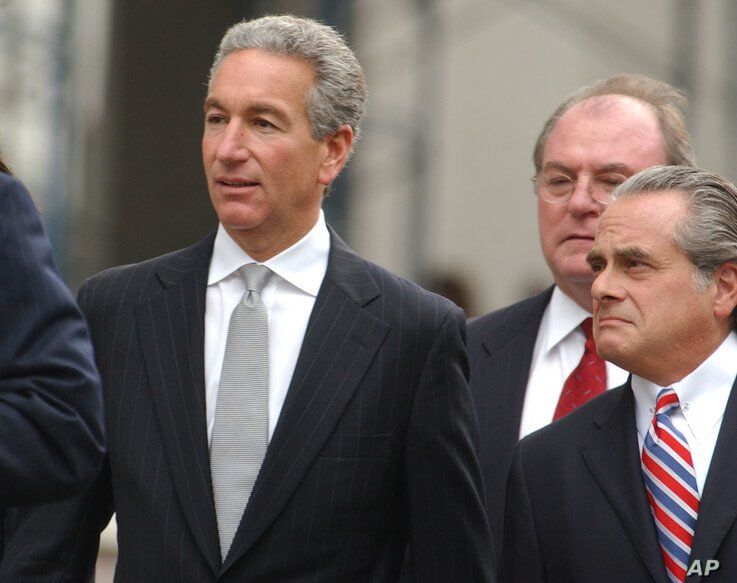
Kushner's father imprisoned
His father, real estate developer Charles Kushner, spent 14 months in a federal prison in the 2000s for illegal campaign contributions, tax evasion and witness tampering. Jared Kushner later called his father's incarceration "obviously unjust."
"When I had my personal experience, I wish that there was somebody who was in my office in the White House, who cared about this issue as much as I do, and if they'd been focused on it in making a difference, perhaps that would have made an impact on a lot of people who I came to meet and care about," he told CNN's Van Jones, a prominent African American advocate of the First Step Act, last year.
Kevin Ring, president of Families Against Mandatory Minimums, an advocacy organization that lobbied for the legislation, said Kushner played an indispensable role in championing the bill and that Trump deserves credit for signing it into law.
"No one would have thought four years ago or three years ago that President Trump would have signed a law like that," Ring said. "Everyone would have been skeptical that he would have supported any reform. So because he did it, I see no reason not to celebrate that."
But Democratic candidates were in no mood to celebrate Trump's action. They have denounced other Trump administration policy decisions that they say have set back years of progress on criminal justice. These include the Justice Department's recent decision to resume federal executions.
"I find it hypocritical of him to tout whatever advances have been made in the First Step Act given his history," Democratic candidate Harris said at the Bipartisan Justice Center event after Trump received the award.
Harris, who had initially opposed the First Step Act for not going far enough to address criminal justice reform before voting for it, has faced criticism for not embracing criminal justice reform when she was San Francisco's top prosecutor and later California's attorney general.
 US Judge Delays Sentencing of Former Trump Adviser FlynnNext PostNext Phase of Trump Impeachment Begins This Week
US Judge Delays Sentencing of Former Trump Adviser FlynnNext PostNext Phase of Trump Impeachment Begins This Week
